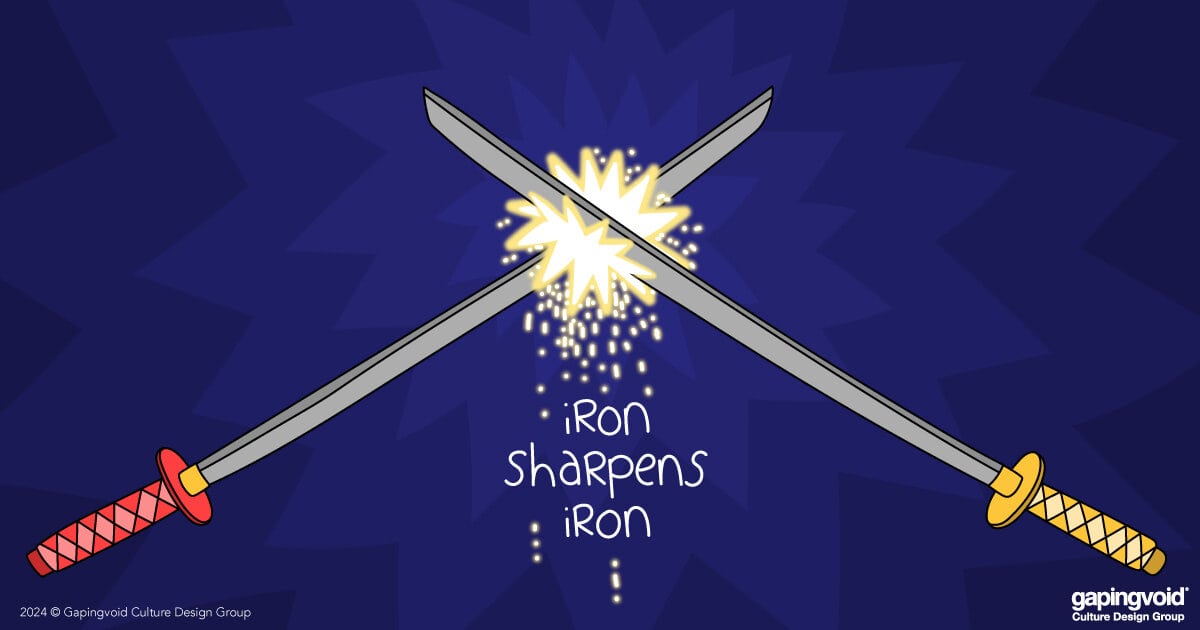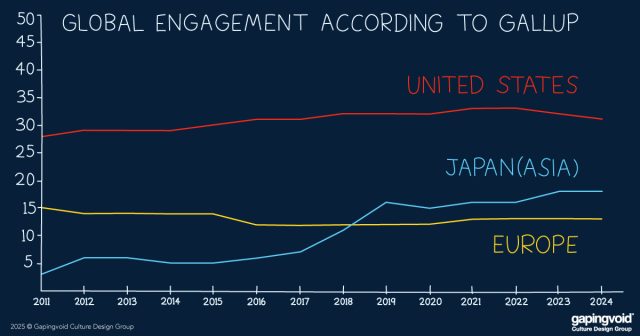
If we didn’t have rivals, there’d be no losing.
There’d be no winning either. Because there’d be no competition.
And while that seems like an appealing proposition, deep down, we know it isn’t.
Consider the case of BMW and Mercedes. Two German auto manufacturers. Two iconic brands. Two luxury vehicles. Two audacious taglines: “The best or nothing” versus “The ultimate driving machine.”
They’ve been butting heads for decades, and their ads show it. Just take a look at this ad, in which Mercedes mocks BMW on its 100-year anniversary for rarely innovating on its grille design. (Did this barb prompt BMW to alter its grilles? We can only speculate).
And take a look at BMW’s response on the Mercedes CEO’s last day before retirement. It shows him making his speeches, saying his goodbyes, getting driven home in a chauffeured Mercedes, going into his garage and driving out in a shiny BMW. Free at last.
Of course, this is all a bit of good-old-fashioned viral marketing. It creates a story– something worth remarking on. The brands are like two boxers who trade insults on social media before their bout. It’s not to get into each other’s heads – it’s to create viral moments and shape a narrative that earns attention and sells more tickets. More simply: it’s to make money.
But this BMW-Mercedes back-and-forth highlights a bigger point about competition.
Would Mercedes be as good without BMW? Would BMW be as good without Mercedes? No to both. The two rivals help make each other great.
That’s what rivals do. They raise each other’s game. They elevate each other’s existence. And this is why there’s often a good-natured “frenemy” feeling to their rivalry, which is all-but-self-evident in the case of these two auto manufacturers.
When the U.S. Government broke up Rockefeller’s Standard Oil Monopoly, each of the new companies formed out of its fragments became MORE efficient, MORE effective, and MORE profitable. Why? Because suddenly, there was competition where there was none before. And as the old saying goes, “necessity is the mother of invention.” And nothing creates a more compelling sense of necessity than the need to “beat the other guy.”
Sometimes, a company becomes so big and so grand that it completely demolishes its competitor. And this can be a blessing and a curse. Because in many cases, its competitor is what made it great. Competition is an infinite game. And its most compelling prizes come not from winning, but from the act of competing itself.



